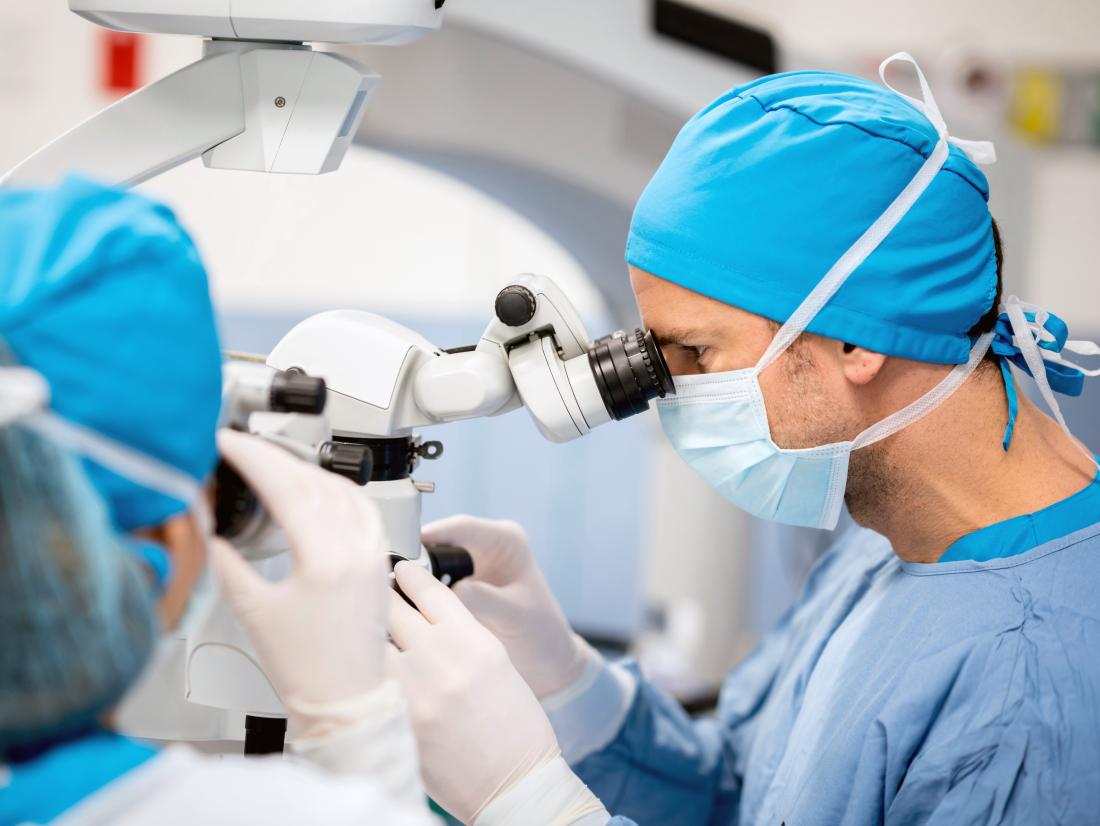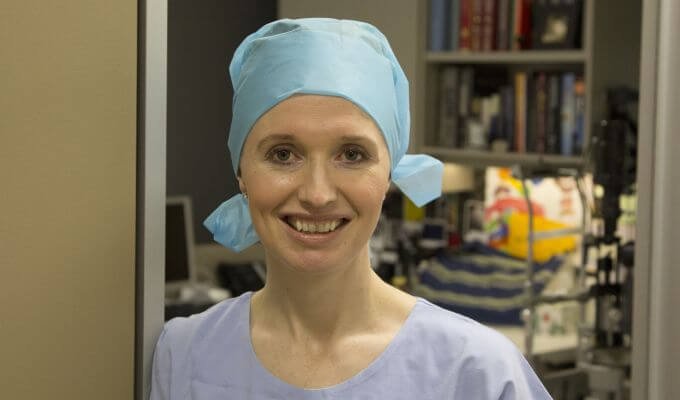7 Easy Facts About Comprehensive Ophthalmology Explained
Table of ContentsUnknown Facts About Eye ChecksOur Adult & Paediatric Eye Surgery DiariesAdult & Paediatric Eye Surgery Things To Know Before You Get ThisThe 9-Minute Rule for Adult Strabismus
Eye doctors are clinical physicians who specialize in the medical diagnosis and also treatment of eye as well as vision troubles. These 3 kinds of eye care specialists have rather similar-sounding names and also overlapping job summaries.They can not provide eye exams, compose prescriptions, or diagnose or deal with eye problems. Give eye examinations, vision screening, as well as prescriptions for glasses or call lenses.

Ophthalmologists detect and also treat injuries, infections, diseases, and also disorders of the eye. Therapies can include medication taken by mouth (by mouth) or topically (in the eye), surgical treatment, cryotherapy (freeze treatment), as well as chemotherapy (chemical therapy). Ophthalmologists go to medical school then obtain a number of years of specialty training in the clinical and medical care of the eye.
Facts About Adult & Paediatric Eye Surgery Uncovered
As they are the only medical experts who can treat all eye problems, eye doctors see a wide range of eye conditions, including: How often should you have an eye test? What are signs and symptoms that suggest you may have an eye problem that requires to be inspected by an ophthalmologist? The American Academy of Ophthalmology recommends: As youngsters's eyes are expanding and altering quickly, they need to get a vision screening.
Adults that have healthy eyes and superb vision should have 4 extensive eye tests: one in their 20s, 2 in their 30s, and one at age 40. These check-ups might allow the eye doctor to catch an eye condition or vision modifications early on. By the time you observe signs and symptoms, you might already have some vision loss (COMPREHENSIVE OPHTHALMOLOGY).

People that are at a greater risk of eye condition might need to obtain an eye test a lot more commonly. After age 65, your eyes need to be examined every one to two years.
Your view relies on seeing the best ophthalmologist at the correct time. When it's time to "get your eyes examined," make sure you are seeing the best eye treatment specialist for your needs. Ophthalmologists, eye doctors and also lens each play an important function in giving eye treatment to customers. The levels of training and know-how are fairly various for each kind of carrier.
The Ultimate Guide To Adult Strabismus

is a medical or osteopathic physician that concentrates on eye and also vision treatment. Ophthalmologists differ from optometrists as well as opticians in their levels of training as well as in what they can identify as well as treat (https://plaid-wombat-82a.notion.site/What-Does-Amblyopia-Mean-6d51dd2980f74a08a1c73a2184122e2b). As a medical doctor that has finished university and a minimum of eight years of additional clinical training, an ophthalmologist is accredited to practice medication and surgical procedure.
Numerous eye doctors are likewise involved in scientific research on the reasons and also cures for eye conditions as well as vision disorders. SUBSPECIALISTS: ADDED KNOWLEDGE AND ALSO TRAINING FOR PARTICULAR EYE requires While ophthalmologists are educated to care for all eye issues and problems, some Eye M.D.s specialize in a specific location of clinical or medical eye treatment.
She or he typically finishes 1 or 2 years of added, much more comprehensive training called a fellowship in one of the major subspecialty areas such as visit homepage glaucoma, retina, cornea, pediatrics, neurology and also plastic surgery, in addition to others. This included training and understanding prepares an eye doctor take care of more complicated or specific conditions in certain locations of the eye or in specific teams of patients.
An eye doctor is not a clinical doctor. An optometrist obtains a doctor of optometry (OD) degree after finishing 4 years of optometry school, preceded by three years or even more years of university. They are accredited to exercise optometry, which primarily includes doing eye tests and also vision tests, prescribing and also dispensing restorative lenses, finding particular eye abnormalities, and recommending medicines for sure eye diseases.
Some Ideas on Eye Exam You Should Know
They use prescriptions supplied by eye doctors or eye doctors, yet do not check vision or write prescriptions for aesthetic modification (https://plaid-wombat-82a.notion.site/What-Does-Amblyopia-Mean-6d51dd2980f74a08a1c73a2184122e2b). Opticians are not permitted to detect or treat eye illness. ADULT CATARACT.
That's why it is so essential to see an eye doctor for a complete clinical eye examination by age 40, as well as after that as often as suggested by your Eye M.D.
A complete, clinical eye exam by an Eye M.D. could be the first action toward conserving your view. Bulging of one or both eyes; Dark curtain or veil that blocks your vision; Decreased vision, also if short-lived; Diabetic issues mellitus; Distorted vision; Double vision; Excess tearing; Eyelid problems; Family history of eye disease; Halos (tinted circles around lights); High blood stress; HIV or Help; Injury to the eye; Loss of peripheral (side) vision; Misaligned eyes; New drifters (black "strings" or specks in the vision) and/or flashes of light; Pain in the eye; Thyroid disease-related eye troubles (Tomb' disease); Unusual red eye.